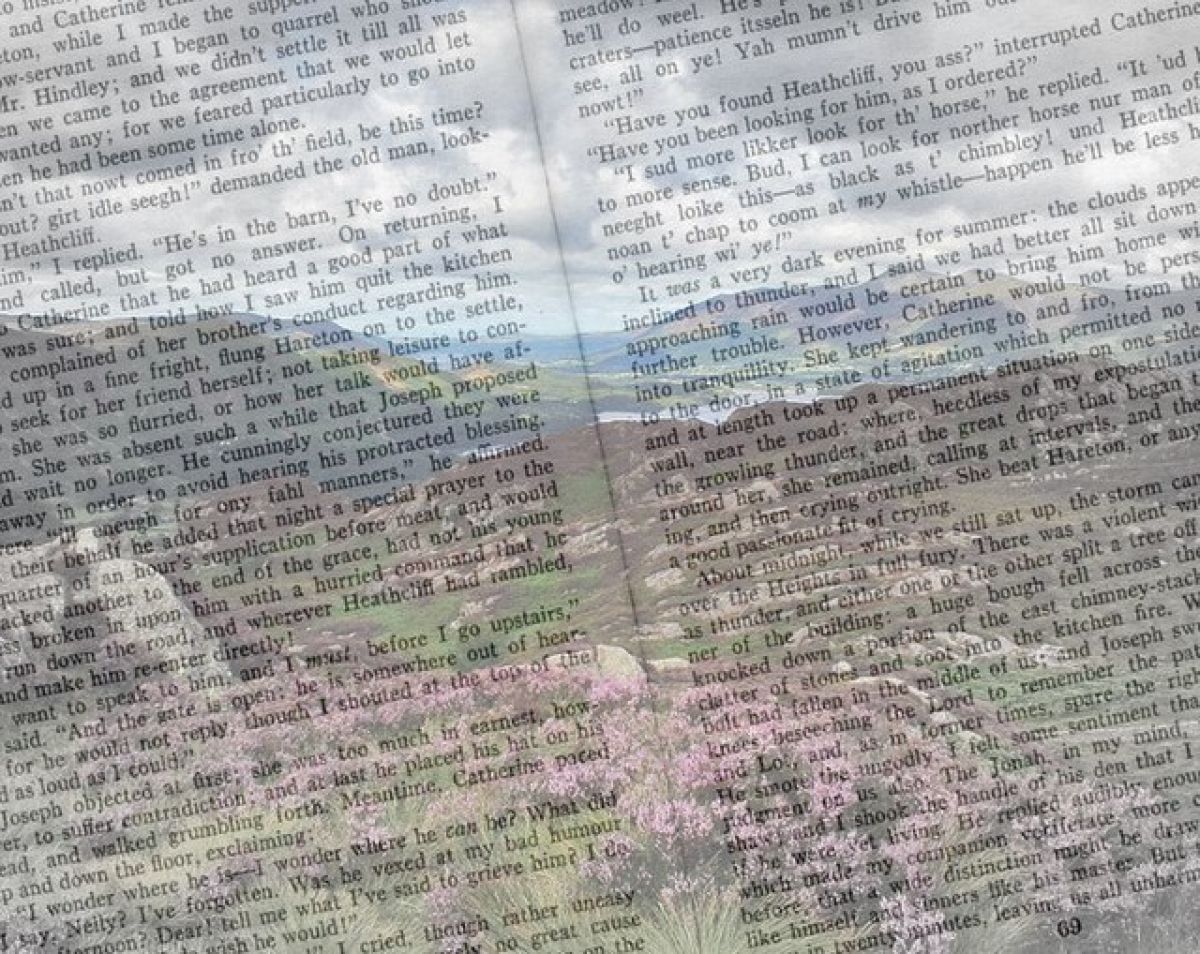Emily Review: Brontë biopic takes us to new heights

In the saturated biopic genre, I worried another film about an iconic literary heroine, Emily Brontë, and how she wrote Wuthering Heights would be dangerously close to cliché.
However, Frances O’Connor’s impressive directing and writing alongside a standout performance from Emma Mackey ensure that Emily is a passionate, gripping, and refreshing take which manages to blend period drama tropes with its own authenticity to avoid becoming just another biopic.
The film depicts the tragically brief adult life of Yorkshire’s own Emily Brontë, covering the years leading up to her death when she wrote Wuthering Heights. Emily is portrayed by Sex Education’s Emma Mackey, a seemingly appropriate choice given that Maeve Wiley definitely read Brontë.
Emily mostly focuses on Emily’s point of view and, despite less dialogue than your average lead, Mackey’s emotional and convincing performance captures the pain, struggle, and other passionate feelings the film attributes as the inspiration for Wuthering Heights. Audiences watch as Emily struggles to navigate complicated relationships within her family, and a steamy Bridgerton-style affair with William Weightman, her father’s protégé.
The affair with Weightman (played by Oliver Jackson-Cohen) is heavily suggested to be the inspiration for Cathy and Heathcliff’s relationship, and the extensive similarities do not end there; Emily adopts the novel’s gothic themes, continually suggesting Emily Brontë had a connection with the dead, as well as the (almost contrasting) motif that love is liberation. Unfortunately, scenes where Emily and Branwell are spying and are chased by dogs seem a little on the nose for fans of Wuthering Heights.
This is perhaps slightly jarring for Brontë historians, given that there is no evidence that Emily Brontë ever had an affair with anyone, and the little known about her mysterious and undocumented life suggests she was extremely socially reclusive. The principal curator at the Brontë Parsonage Museum, Ann Dinsdale, even told The Telegraph that Emily “spent her life in her imagination” and “she would have likely been considered somewhere on the autistic spectrum” in a time where neurodivergence was not recognised.
It is somewhat frustrating, then, that in seeking an explanation for how Brontë wrote Wuthering Heights with such passion, despite her internal struggle; position as a woman in a strictly patriarchal society; and level of genius, the biopic landed upon a man. This detail is ironic when Brontë had to publish her novel under a male pseudonym at first (another detail changed for the film’s narrative).
O’Connor certainly adopted a significant creative licence to write and direct Emily, to the point where the film is perhaps better understood as “loosely biographical”, as The Guardian phrased it. As much as I enjoyed Weightman’s Mr Darcy walk through the beautiful northern countryside and was entertained by their whirlwind enemies-to-lovers romance, I could not escape how the film downplays Brontë’s genius of imagination.
I do, however, appreciate how O’Connor adapted the timeline and suggested Wuthering Heights was written before Charlotte Brontë’s Jane Eyre. The resulting closing scene is a powerful ending that left me in tears as O’Connor suggests Charlotte wrote Jane Eyre after being inspired and motivated by Emily. Whilst this may be true, Charlotte actually published her novel first.
If Emily is understood as a work of fiction, rather than an accurate biopic, it tells a classic period drama story of an outsider amongst her sisters and society, struggling to balance her writing with external expectations and internal struggle. The blend of this beloved theme with the gothic and the tragic, as well as the appeal of the Brontës, makes the film an extremely powerful and entertaining one. Whilst I may be a little biased in saying this, the Yorkshire setting and surprisingly accurate accents are also very appealing.
4/5.
Emily was released on October 14 and is in cinemas now.







